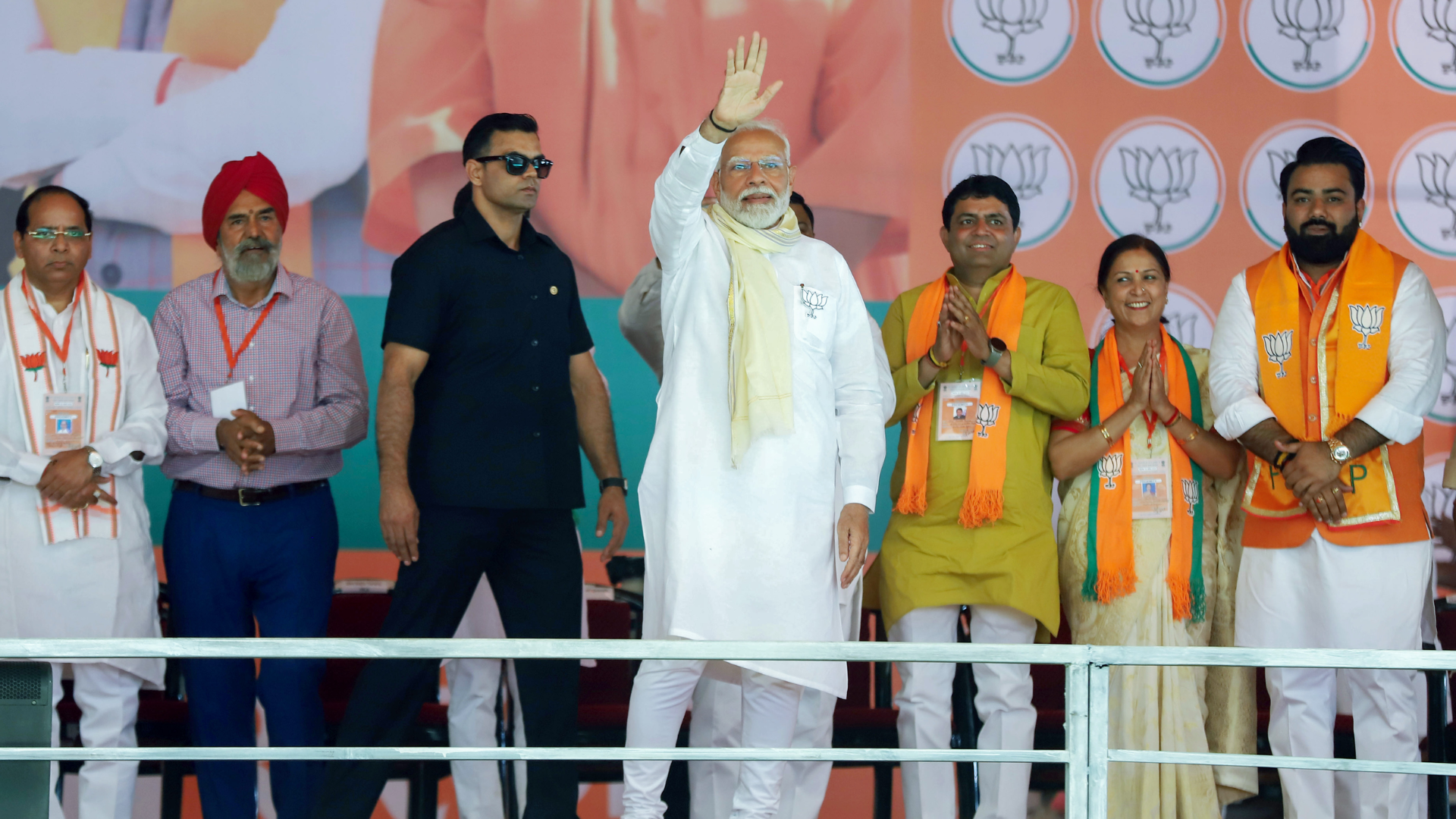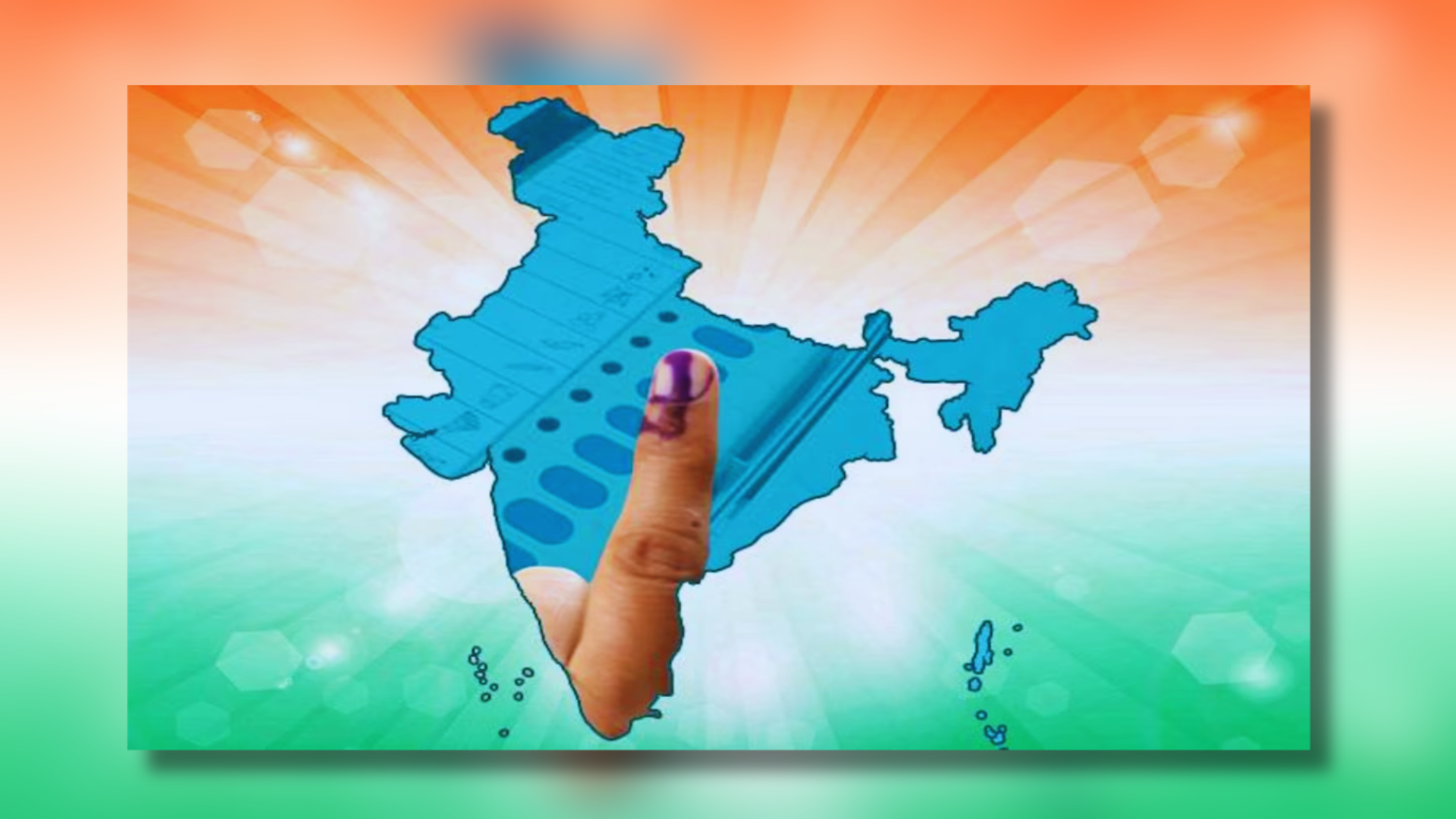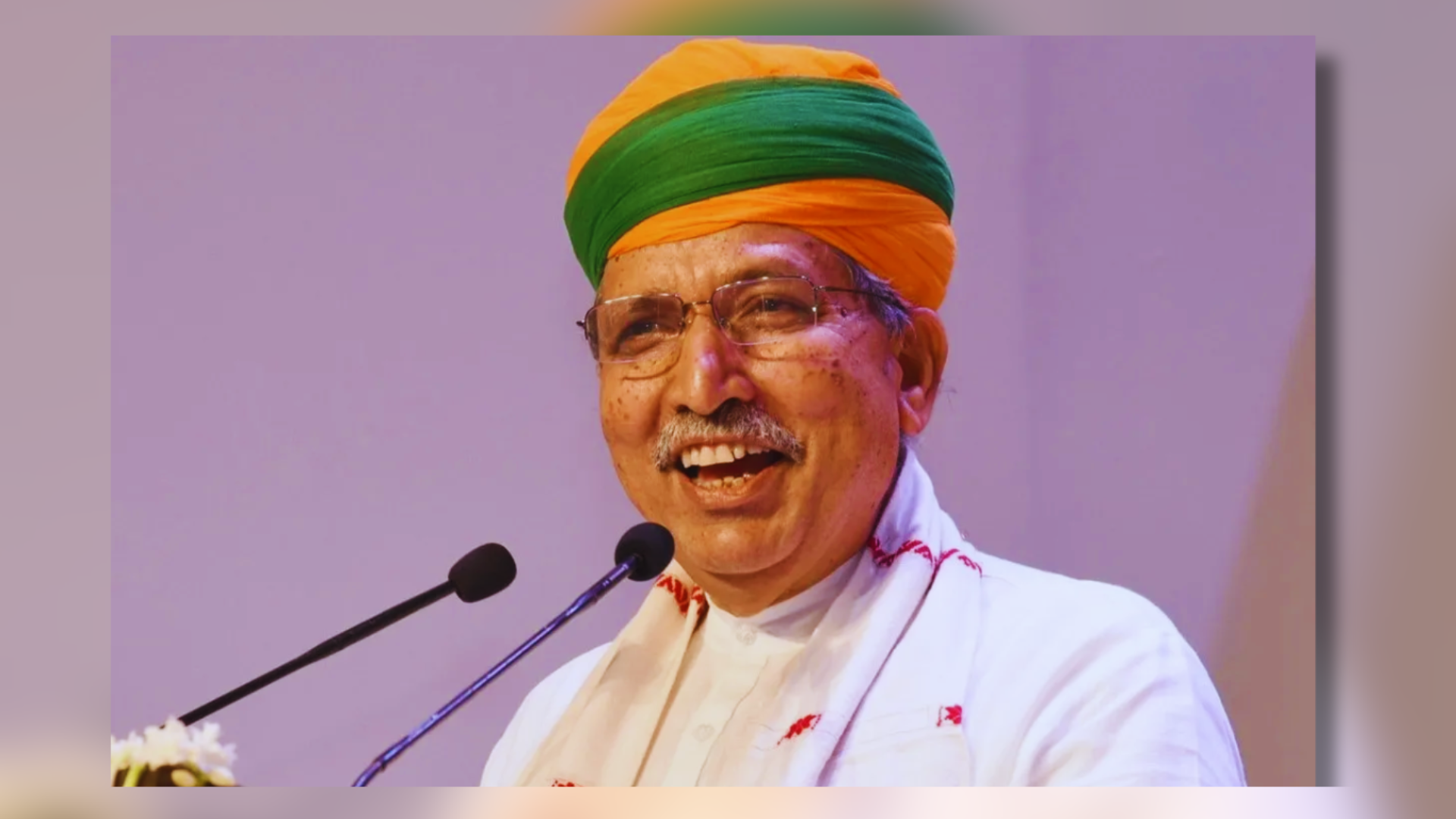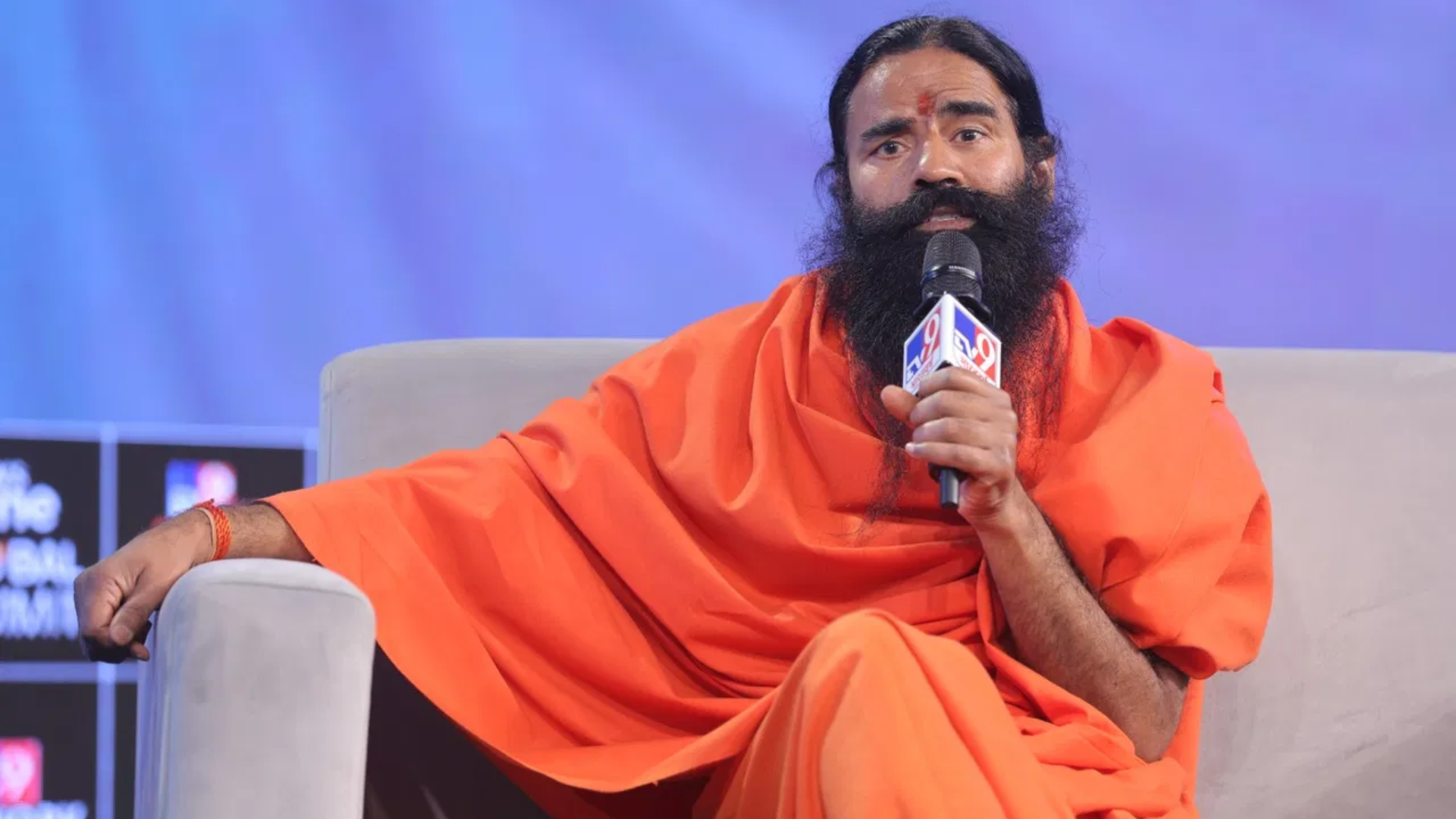



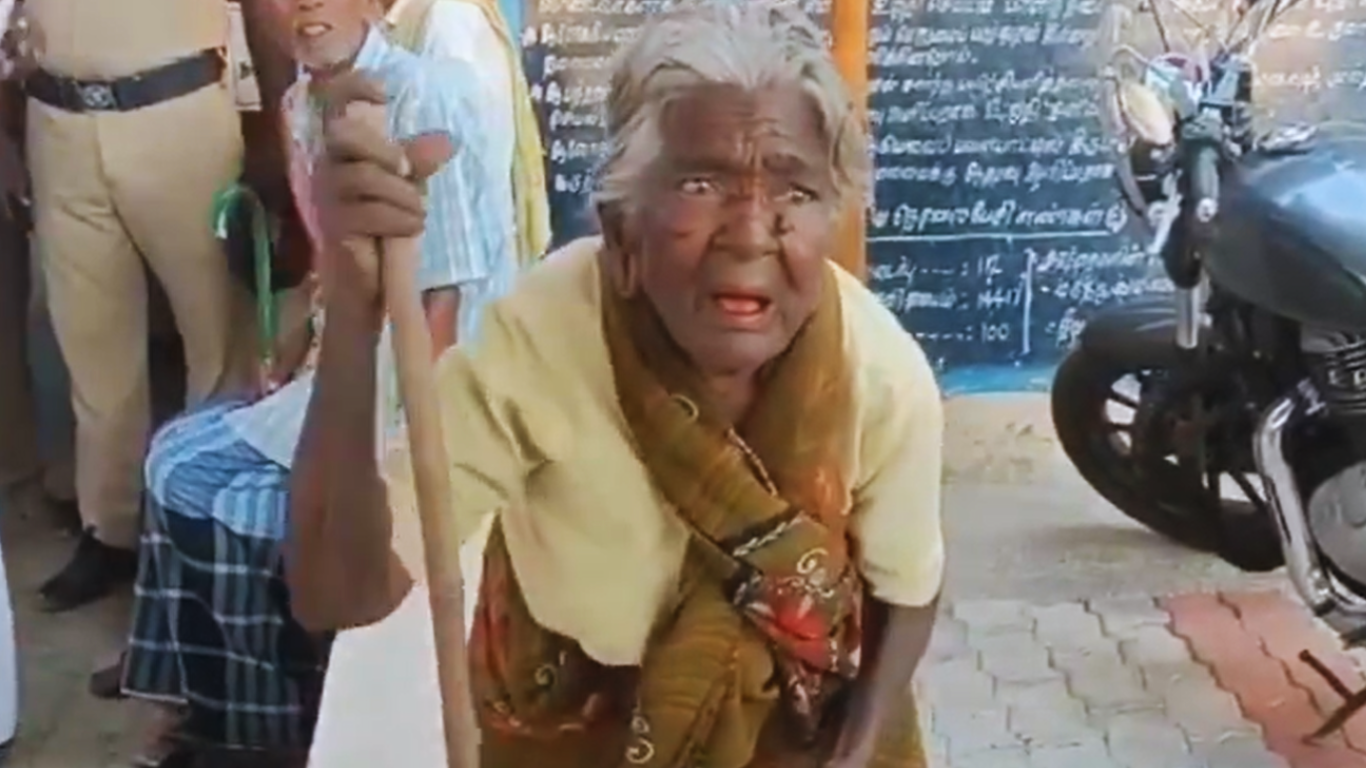
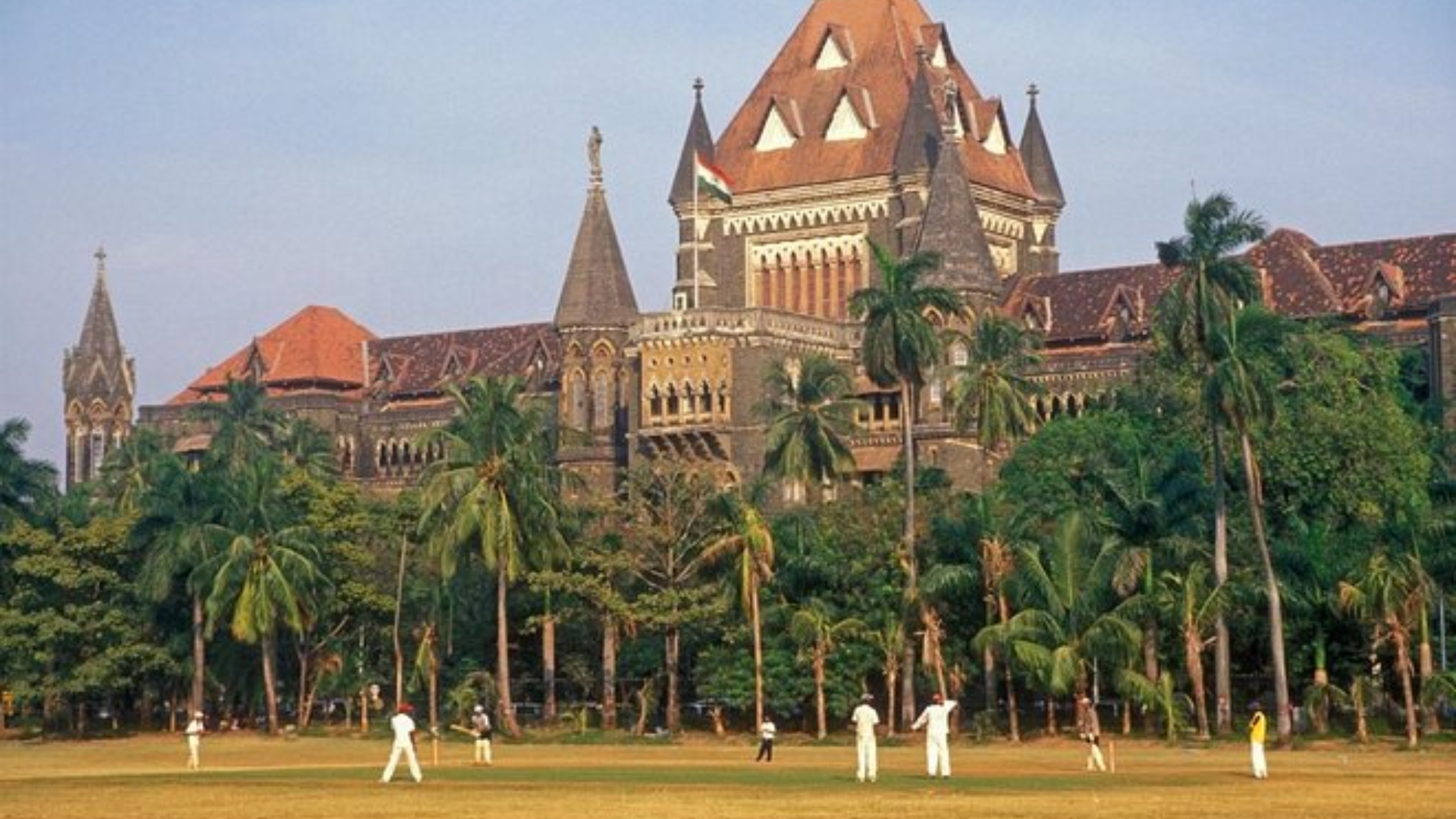



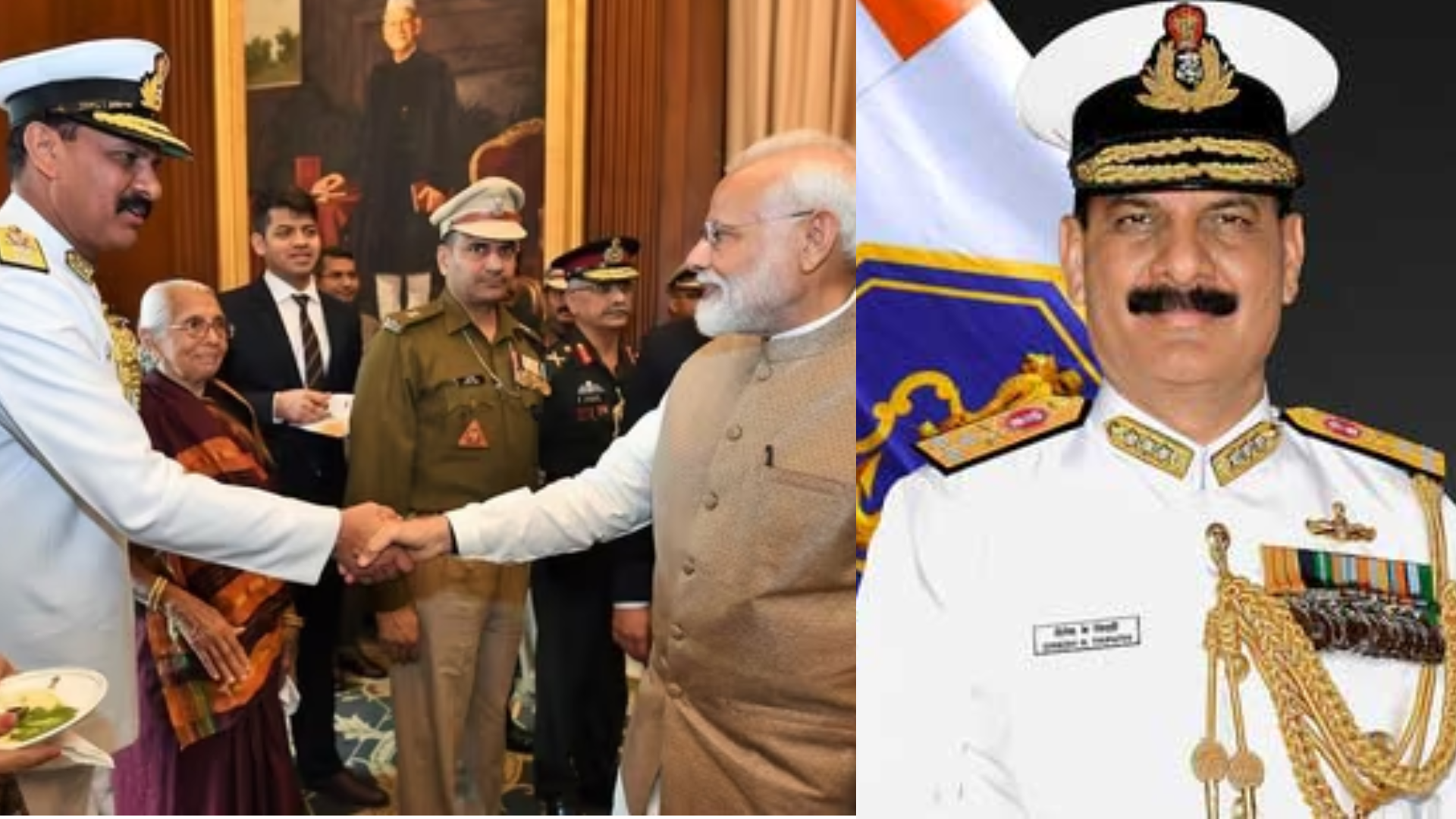

Describing as a “worrisome trend” the “rising” cases of fraudulent marriages between NRIs and Indian citizens, the Law Commission has recommended a comprehensive law to deal with the situation and compulsory registration of such alliances.
As per the Law Commission’s recommendation, the registration of all marriages between NRIs/OCIs and Indian citizens in India should be made mandatory to prevent occurrences such as false promises, misrepresentation, and abandonment.
During the presentation of the report titled “Law on Matrimonial Issues Relating to Non-Resident Indians and Overseas Citizens of India” to the law ministry, Justice (Retd) Ritu Raj Awasthi, the chairman of the panel, expressed the commission’s viewpoint that the envisioned central legislation should be thorough enough to address all aspects concerning marriages involving NRIs and foreign citizens of Indian origin with Indian citizens.
Justice Awasthi wrote in the cover letter to Law Minister Arjun Ram Meghwal, “The rising occurrence of fraudulent marriages involving non-resident Indians (NRIs) marrying Indian partners is a worrisome trend. Several reports highlight an increasing pattern where these marriages turn out to be deceptive, putting Indian spouses, especially women, in precarious situations.”
Such a legislation, the panel said, should be made applicable not only to the NRIs but also to those individuals who come within the definition of ‘Overseas Citizens of India’ (OCIs) as laid down in the Citizenship Act, 1955.
He emphasized that the comprehensive central legislation should encompass provisions regarding divorce, spousal maintenance, child custody and support, as well as the process of serving summons, warrants, or legal documents to NRIs and OCIs.
Nevertheless, it was noted that there could be instances where an individual becomes an NRI or OCI following their marriage. The report highlighted that the sole challenge in mandating registrations solely for NRIs or OCIs lies in the possibility that the previous marriages of such individuals might not be registered due to the absence of a comprehensive or uniform law governing marriage registration in India.

